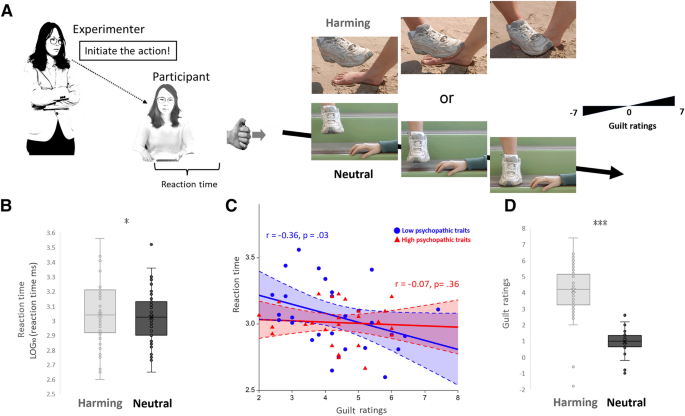
Do Psychopaths Pass Phychological Tests Free Of Charge
You know, these tests are more significant than just entertainment. All our tests on psycho-tests.com are absolutely free of charge Determine the level of your IQ, personality type or mental health level It is not difficult at all. Indeed, the idea that the corporation is a separate legal entity from the people who own it and work there is the foundation of corporate law.Psychological, career, intellectual tests and many others are offered to your attention. Psychopatic personal.Corporate personhood has a long-standing basis in law. The Psychopathy Checklist or Hare Psychopathy Checklist-Revised, now the Psychopathy Checklistrevised (PCL-R), is a psychological assessment tool most commonly used to assess the presence of psychopathy in individualsmost often those institutionalized in the criminal justice systemand to differentiate them from those suffering from antisocial personality disorder, a similar Psychopath Psychology Riddle TestPsychopath is a person suffering from chronic mental disorder with abnormal or violent social behavior.
For example, a girl who worked in a certain watch factory had an abnormally poor score on a finger and tweezers dexterity test. Anyone who expects perfection is unaware of the real situation. Sit a sociopath or psychopath in front of a polygraph to get the truth.It is no wonder that psychological tests in industry cannot do a perfect job at the present time. The idea became very divisive following a Supreme Court ruling, ironically called Citizens United, which sought to remove caps on individual political contributions, and corporations argued similar protections.Fortunately, administering a CVSA exam is still effective on such individuals. Our goal is to provide you Companies don’t automatically get the same rights as people (because they aren’t people), but it starts them along a metaphorical pathway.
Companies were part of communities.“Quaker companies such as Cadbury and Rowntree, for instance, were founded on the principle that a company should improve its workers’ health and education. They set up schools and published groundbreaking papers on poverty. Even earlier, companies such as Cadbury and Rowntree were started by Quaker families explicitly to do well by doing good. So psychological attributes were built into brands and briefs.In the 1960s, companies still understood that they had social roles and responsibilities. Personality is a hard thing to accurately and.King leveraged this observation into one of the great insights in advertising: the brand construct can function like a personality construct people like different constructs for arbitrary reasons, and this is malleable through advertising. Humans anthropomorphize everything, including brands, appending personality traits to inanimate objects.Sociopathy is a personality disorder as such, its symptoms and signs involve personality traits and behavior.
So as long as we don’t break the law we are still being good, as per Friedman’s maxim. This pressure began to erode basic principles of decency and society, which people running the businesses could compartmentalize by saying well individually I’m a good person, but I have a fiduciary responsibility to shareholders to grow and maximize value. A secondary aspect of this, that came about earlier, was the idea of endless, quarterly growth, which is also what triggered the boom of advertising spend in the 1960s.Constant growth requirements put incredible pressure on companies. This short article somehow became the guiding principle of all corporations, despite being a “pernicious” ideology that “has no foundation in history or in law”, according to Steven Pearlstein in The Washington Post. This was ‘maximizing shareholder value’ — recently dubbed ‘the dumbest idea in the world’ in Forbes.Its analogue was made famous by Milton Friedman in 1970, in his New York Times article ‘ The social responsibility of business is to increase its profit’.
Then, they realized that the fines themselves were a tax deductible business expense.All of which created a perfect set of conditions and incentives to fundamentally change the nature of businesses.So, at almost the same time that we understood that people naturally thought of products and companies as ‘people’ — and leveraged that insight to create communications — the behavior of companies began to change. These fines were rarely as big as the profits created through doing whatever illegal thing they got caught doing. Rather, lawyers would negotiate with the government and eventually just settle by paying huge fines without accepting any responsibility.
It’s makes advertising agencies look like stooges for cheating manufacturers like VW as they commit huge trust violations that will poison our air for decades to come. The delta between their behavior and their promises creates dissonance which disrupts the positive impact of branding on price elasticity. This is manifested in the decline in trust that we have for corporations.Does this matter? Yes, because all the higher-order values brands can create for products are dependent on them not creeping us out.



 0 kommentar(er)
0 kommentar(er)
